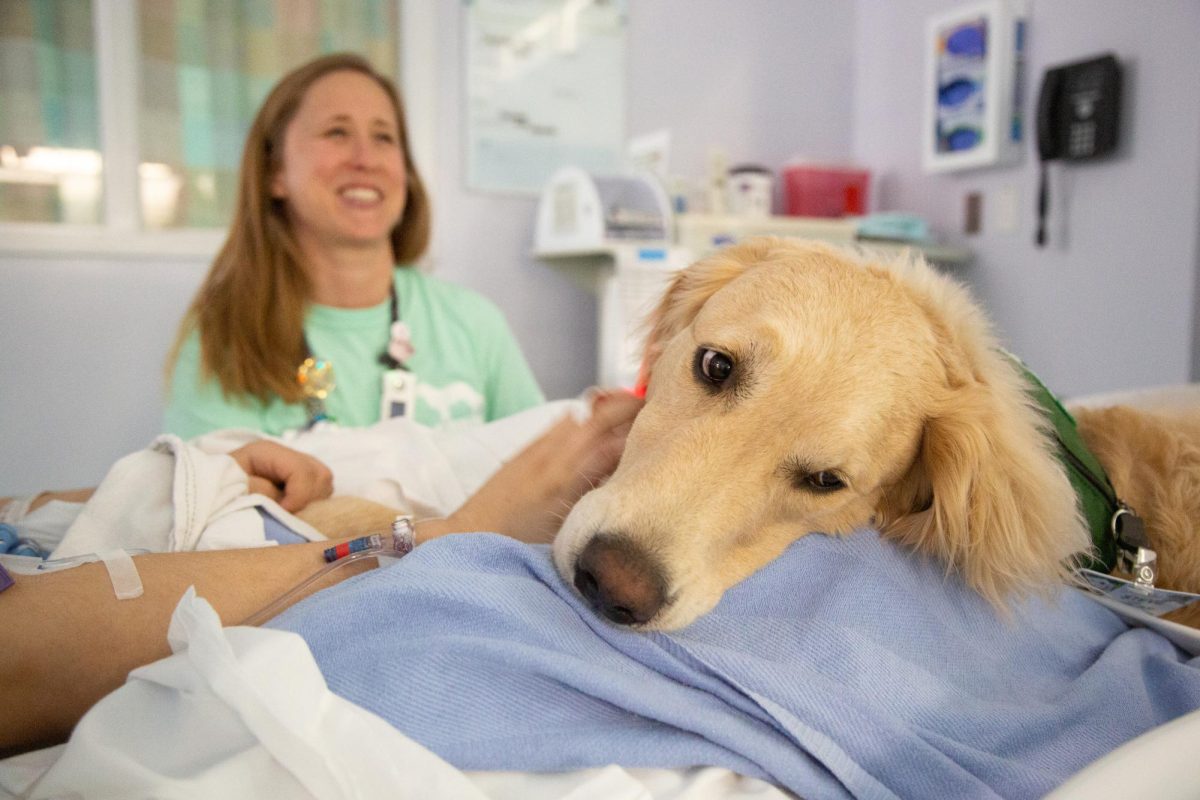At the Clinton Global Initiative on Sept. 25, 2012, President Barack Obama issued a challenge to college students everywhere.
However, it had nothing to do with grades, underage drinking, drug usage or any of the usual topics associated with college. This was about a much larger issue: Human trafficking.
“We’re turning the tables on the traffickers,” Obama stated. “Just as they are now using technology and the Internet to exploit their victims, we’re going to harness technology to stop them. We’re encouraging tech companies and advocates and law enforcement, and we’re also challenging college students to develop tools that our young people can use to stay safe online and on their smart phones.”
This sparked the launch of the Counter-Trafficking in Persons Campus Challenge, put forth by the U.S. Agency for International Development.
The Challenge, otherwise known as the Challenge Slavery movement, encourages college students to spread the word about human trafficking while also finding new technological ways to combat it, according to its website. It encompasses two phases: an awareness phase and a project proposal phase.
According to the program's website, the awareness phase involves students spreading the word on campus about human trafficking and encouraging their fellow students to sign up on the Challenge Slavery website and join the movement.
The second phase regards putting forth project proposals that involve technology as a means to fight human trafficking, as nowadays, “the Internet is the primary way that sex is purchased,” according to the website. The proposals will focus on technology solutions “to intervene with human trafficking on both a prevention and prosecution side.” After that, students vote on which proposal they would like to see implemented.
Vanessa Bouché, a political science lecturer and longtime advocate of the movement against human trafficking, first heard about the Campus Challenge from an email sent by USAID, which then led her to bring the concept to campus and approach some of her students about implementing it.
While the students are an integral part of the Challenge Slavery movement, Bouché said faculty are also important, especially when it comes to overseeing the Challenge and preparing a proposal.
Currently, Bouché is helping to coordinate a group of teachers from several different academic departments to become involved with the movement. She said that the goal right now is to “get a huge group of students to sign up on the [Challenge Slavery] website and to vote for the TCU proposal.”
Hannah Paul, a senior French and international political science double major, became involved with the Challenge Slavery movement because she wanted to make a tangible difference in the community.
“I initially decided to get involved in the movement because I am passionate about human and women's rights, both of which are affected by human trafficking,” Paul said.
“I have studied these issues at length, but have not really done much to actively advocate for them," Paul said. "I saw the Challenge Slavery movement as an opportunity to become actively involved in bringing a voice to those who are trafficked and to help combat human trafficking in general.”
Paul was approached by Bouché about a month ago to become involved with the Campus Challenge and is now one of the student leaders of the TCU Challenge Slavery movement.
She said that currently the university is in the awareness phase of the movement, which will continue until Nov. 27.
The project proposal is due in January, and if the proposal can get enough votes by students, then the university will be given a grant by USAID to put the proposal into action.
“I always wanted the underdog to win, [which is] why I got involved with human rights,” Abby TerHaar, a sophomore political science and social work major, said.
Along with Paul, TerHaar is another student leader of the TCU Challenge Slavery movement. She said the awareness phase has been emphasized with the recent passing of a resolution in SGA that puts support behind the Campus Challenge at TCU, as well as given the movement a grant to be used for other means of awareness, such as putting up signs around campus.
Both TerHaar and Paul explained ways for students to get involved with the Campus Challenge movement, including signing up on the Challenge Slavery website, joining the movement, spreading the word and raising awareness around campus and submitting potential project proposals.
With more than 20 million men, women, and children trapped in modern-day slavery all across the world, the issue of human trafficking remains prevalent.
While the problem is worldwide, trafficking happens even in Fort Worth. Houston is one of the largest hubs of sex trafficking in the United States, as well as other cities like El Paso and Austin.
With the Campus Challenge, students are given the opportunity to become aware of the issue of human trafficking, get involved and, ultimately, challenge slavery.




